This article was co-authored by Michael Lewis, MD, MPH, MBA, FACPM, FACN and by wikiHow staff writer, Christopher M. Osborne, PhD. Michael D. Lewis, MD, MPH, MBA, FACPM, FACN, is an expert on nutritional interventions for brain health, particularly the prevention and rehabilitation of brain injury. In 2012 upon retiring as a Colonel after 31 years in the U.S. Army, he founded the nonprofit Brain Health Education and Research Institute. He is in private practice in Potomac, Maryland, and is the author of "When Brains Collide: What every athlete and parent should know about the prevention and treatment of concussions and head injuries." He is a graduate of the U.S. Military Academy at West Point and Tulane University School of Medicine. He completed post-graduate training at Walter Reed Army Medical Center, Johns Hopkins University, and Walter Reed Army Institute of Research. Dr. Lewis is board certified and a Fellow of the American College of Preventive Medicine and American College of Nutrition.
There are 15 references cited in this article, which can be found at the bottom of the page.
wikiHow marks an article as reader-approved once it receives enough positive feedback. In this case, 100% of readers who voted found the article helpful, earning it our reader-approved status.
This article has been viewed 273,051 times.
It’s always frustrating to forget why you walked into a room, or to forget someone’s name right after being introduced. Before worrying that annoyances like these are signs of a memory problem, try out some simple techniques that may naturally enhance your short-term memory. And here’s some more good news—the list of advice and tips provided below is a great place to start!
Steps
Expert Q&A
-
QuestionHow can I sharpen my memory?
 Bryce Warwick, JDBryce Warwick is currently the President of Warwick Strategies, an organization based in the San Francisco Bay Area offering premium, personalized private tutoring for the GMAT, LSAT and GRE. Bryce has a JD from the George Washington University Law School.
Bryce Warwick, JDBryce Warwick is currently the President of Warwick Strategies, an organization based in the San Francisco Bay Area offering premium, personalized private tutoring for the GMAT, LSAT and GRE. Bryce has a JD from the George Washington University Law School.
Test Prep Tutor, Warwick Strategies Build your focusing skills by slowly increasing your study times. If you're studying for a test, and are struggling to focus, work on giving the material your maximum focus for 30 minutes. Once you can handle that, increase your focusing time to 45 minutes and work your way up to an hour.
Build your focusing skills by slowly increasing your study times. If you're studying for a test, and are struggling to focus, work on giving the material your maximum focus for 30 minutes. Once you can handle that, increase your focusing time to 45 minutes and work your way up to an hour. -
QuestionWhat activities can help my memory?
 Michael Lewis, MD, MPH, MBA, FACPM, FACNMichael D. Lewis, MD, MPH, MBA, FACPM, FACN, is an expert on nutritional interventions for brain health, particularly the prevention and rehabilitation of brain injury. In 2012 upon retiring as a Colonel after 31 years in the U.S. Army, he founded the nonprofit Brain Health Education and Research Institute. He is in private practice in Potomac, Maryland, and is the author of "When Brains Collide: What every athlete and parent should know about the prevention and treatment of concussions and head injuries." He is a graduate of the U.S. Military Academy at West Point and Tulane University School of Medicine. He completed post-graduate training at Walter Reed Army Medical Center, Johns Hopkins University, and Walter Reed Army Institute of Research. Dr. Lewis is board certified and a Fellow of the American College of Preventive Medicine and American College of Nutrition.
Michael Lewis, MD, MPH, MBA, FACPM, FACNMichael D. Lewis, MD, MPH, MBA, FACPM, FACN, is an expert on nutritional interventions for brain health, particularly the prevention and rehabilitation of brain injury. In 2012 upon retiring as a Colonel after 31 years in the U.S. Army, he founded the nonprofit Brain Health Education and Research Institute. He is in private practice in Potomac, Maryland, and is the author of "When Brains Collide: What every athlete and parent should know about the prevention and treatment of concussions and head injuries." He is a graduate of the U.S. Military Academy at West Point and Tulane University School of Medicine. He completed post-graduate training at Walter Reed Army Medical Center, Johns Hopkins University, and Walter Reed Army Institute of Research. Dr. Lewis is board certified and a Fellow of the American College of Preventive Medicine and American College of Nutrition.
Board Certified Brain Health Physician Things like puzzles, crossword puzzles, sudoku, chess, and electronic games can all be good for cognitive stimulation. If possible, do these activities with someone else so you're getting social interaction, as well. I won't recommend a particular activity, but any type of mentally stimulating activity is better than none.
Things like puzzles, crossword puzzles, sudoku, chess, and electronic games can all be good for cognitive stimulation. If possible, do these activities with someone else so you're getting social interaction, as well. I won't recommend a particular activity, but any type of mentally stimulating activity is better than none. -
QuestionDoes mediation increase memory?
 Community AnswerYes, it can for some people. It helps them concentrate on things more, which can help them recall the information better later on.
Community AnswerYes, it can for some people. It helps them concentrate on things more, which can help them recall the information better later on.
References
- ↑ https://www.ncbi.nlm.nih.gov/pmc/articles/PMC5930973/
- ↑ https://www.helpguide.org/articles/healthy-living/how-to-improve-your-memory.htm
- ↑ https://www.scientificamerican.com/article/does-brain-training-actually-work/
- ↑ Michael R. Lewis. Business Advisor. Expert Interview. 29 May 2019.
- ↑ https://www.sciencedaily.com/releases/2007/10/071029172856.htm
- ↑ Michael R. Lewis. Business Advisor. Expert Interview. 29 May 2019.
- ↑ https://www.mayoclinic.org/healthy-lifestyle/nutrition-and-healthy-eating/in-depth/improve-brain-health-with-the-mind-diet/art-20454746
- ↑ https://www.health.harvard.edu/blog/regular-exercise-changes-brain-improve-memory-thinking-skills-201404097110
- ↑ http://healthysleep.med.harvard.edu/healthy/matters/benefits-of-sleep/learning-memory
- ↑ https://arc.duke.edu/how-long-short-term-memory-shorter-you-might-think
- ↑ https://psychcentral.com/blog/8-tips-for-improving-your-memory
- ↑ https://psychcentral.com/lib/memory-and-mnemonic-devices
- ↑ https://pubmed.ncbi.nlm.nih.gov/29698045/
- ↑ https://www.education.com/worksheet/article/bubble-map/
- ↑ https://psychcentral.com/blog/8-tips-for-improving-your-memory
- ↑ https://psychcentral.com/lib/strategies-for-improving-memory
- ↑ https://psychcentral.com/lib/strategies-for-improving-memory
- ↑ https://bokcenter.harvard.edu/how-memory-works
- ↑ https://bokcenter.harvard.edu/how-memory-works
About This Article
If you'd like to increase your short term memory, there are a few strategies you can try. One strategy you can use is engaging all of your senses when you're trying to remember something. For instance, if you just learned someone’s name, focus on what they look like, how their voice sounds, and even what their perfume or cologne smells like so your brain is fully engaged. You can also use a technique called "chunking,” which involves breaking information you're trying to remember up into smaller pieces. For example, if you're trying to memorize a grocery list, try grouping things into categories, like "dairy," "meats," and "vegetables," instead of memorizing one long list. It’s also important that you take care of your brain. Eat a diet that includes foods with omega-3 fatty acids such as salmon, soybeans, and walnuts, which promote brain health and memory. Try to get at least 7 hours of sleep each night so your brain can rest and recharge. For tips about how to use small details to help trigger a larger memory, keep reading!
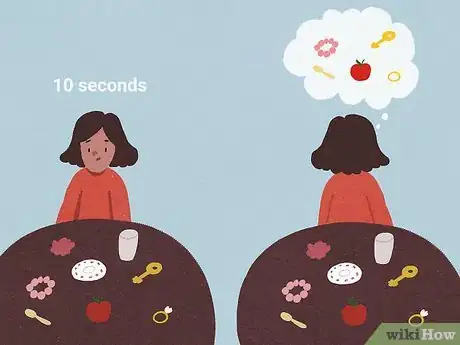
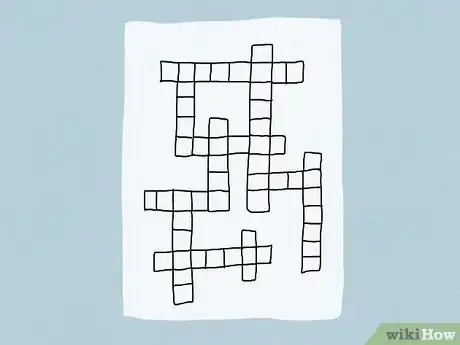


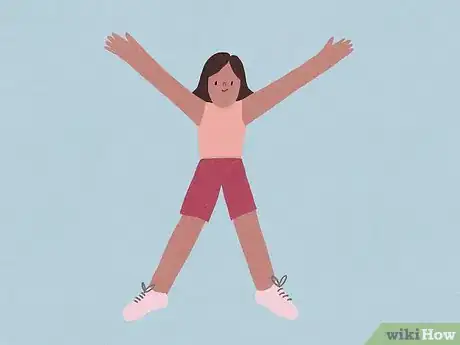
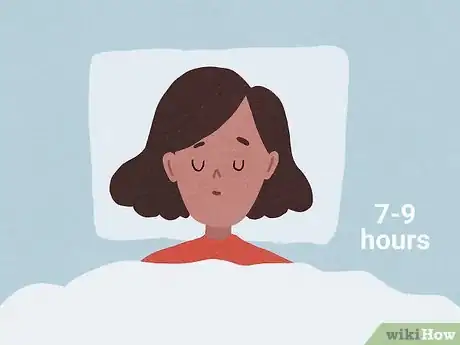
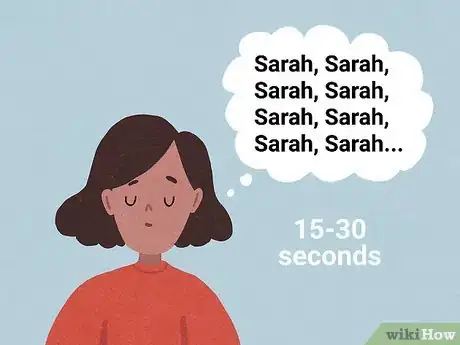
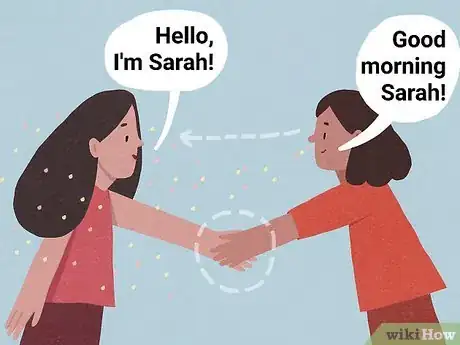
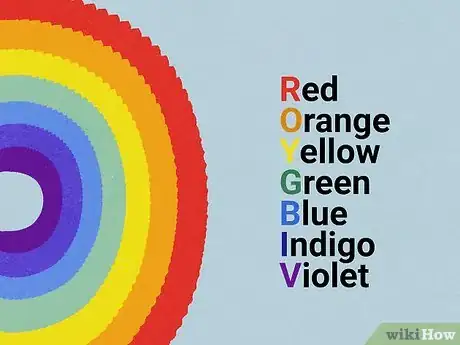
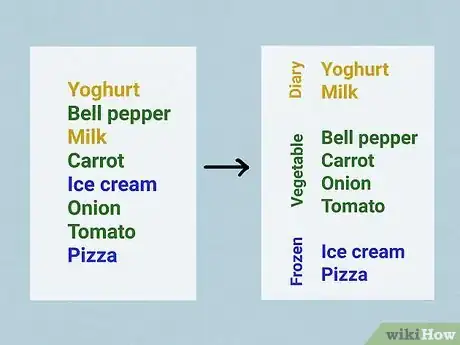
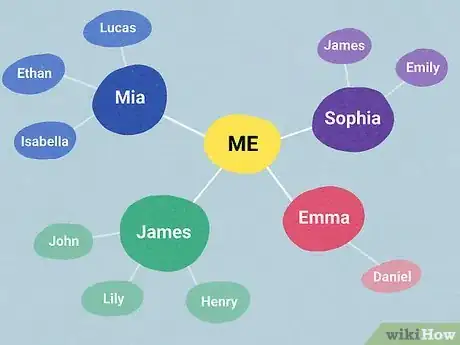

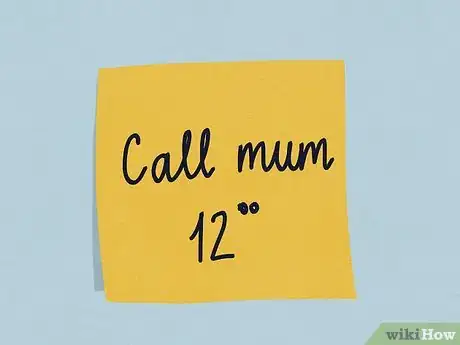









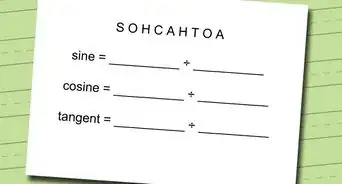















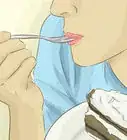





































Medical Disclaimer
The content of this article is not intended to be a substitute for professional medical advice, examination, diagnosis, or treatment. You should always contact your doctor or other qualified healthcare professional before starting, changing, or stopping any kind of health treatment.
Read More...